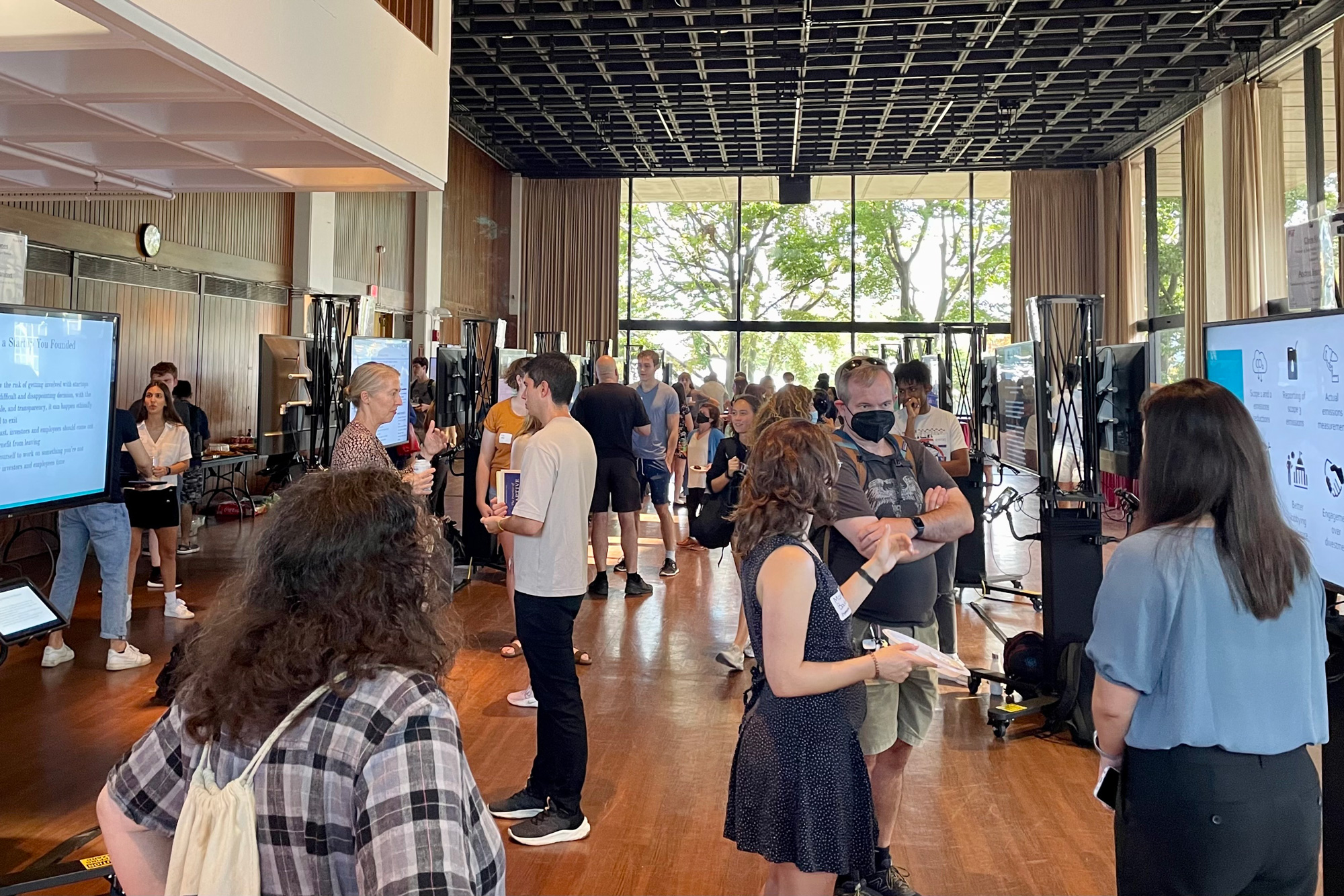
Design decisions often treat people unequally. Take a bicycle, for instance. Bicycles offer a relatively inexpensive, healthy, and environmentally friendly mode of transportation for billions of people around the world. Yet each bicycle that hits the market automatically excludes those living with certain disabilities. “Even with the most benevolent technology, no matter how well-intentioned we are ethically, we are still inevitably being discriminatory,” says rising MIT senior Teresa Gao, who is double-majoring in computer science and brain and cognitive sciences. This concept of discriminatory design was one Gao and about…



